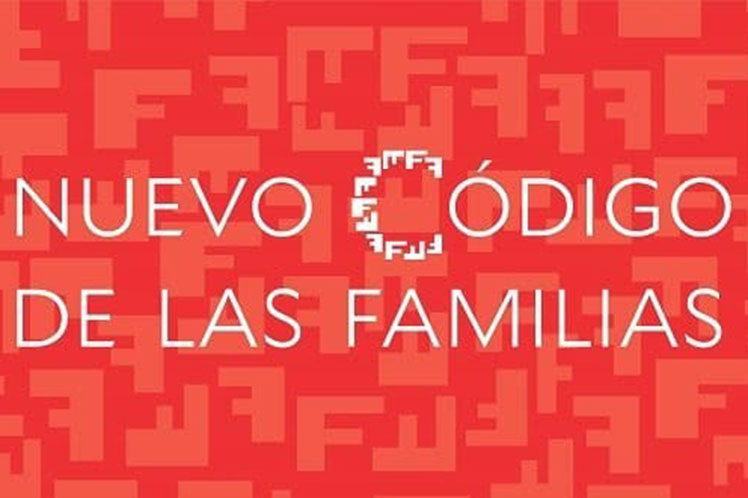Havana: Cuba today implements policies to recognize people dedicated to care and reduce gender gaps, an issue that is among the novelties of the new Family Code, Prensa Latina publishes.
On the island there are very daring regulations such as those that regulate a time for fathers and mothers to dedicate themselves to the care of relatives who need it, the expert from the Rosa Campoalegre Center for Psychological and Sociological Research said.
He added that other fields of public policy advances are those related to services to provide care, in which new economic actors have begun to appear to revitalize a scenario in which until now the State was the main provider.
The expert, with several projects and research on the subject, pointed out that in the Caribbean nation much progress has been made in monetary policies through subsidies and access to resources, although the approach of focusing responsibility on women predominates.
In this regard, he specified that several policies have been implemented for cultural transformation, but there is still a long way to go in this direction, and he exemplified that although legally men can avail themselves of licenses to care for children and people in situations of dependency, in practice very few choose them.
Campoalegre believed that this situation shows that in the social imaginary a macho pattern prevails over family care that assigns the main responsibility in providing it to women, despite the fact that reality has long since overcome these myths.
Care has a great diversity of contexts, modes, types, it constitutes a universal right and this means not only that we all need it throughout life, but also that we must repay it, be supportive and provide it regardless of our sex.
The researcher pointed out that it is a common phenomenon in Latin America, to which Cuba does not escape, as evidenced by the most recent national gender survey, which showed that women spend many more hours on housework and care than men.
In this sense, the expert appreciated that at the regional level there is a consensus that progress in the United Nations Sustainable Development Goals cannot be verified if it is not understood that care constitutes a job that needs to be accounted for and make its contribution visible. to the family economy.
Despite the regulations currently in force in Cuba, the Family Code project, submitted to popular consultation until this month, is the first legal text that recognizes the duties and rights of people in charge of family care.
The legal body includes, for example, the right they have to demand restitution or reimbursement for the expenses they may incur during the care of people and the right to rest.
It is also committed to equitable distribution of time spent on domestic and care work among all members of the family, advocates for its economic recognition and prevents and condemns manifestations of violence towards caregivers or people who need them.

Digital writing
Equipo de redactores del sitio web de Radio Mayabeque



